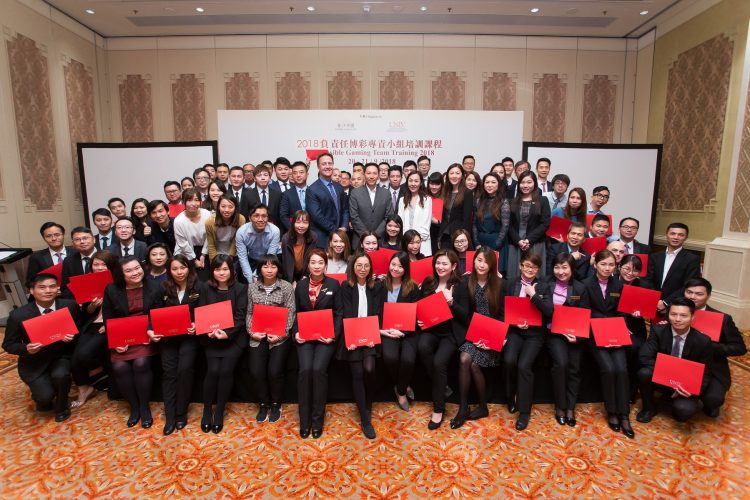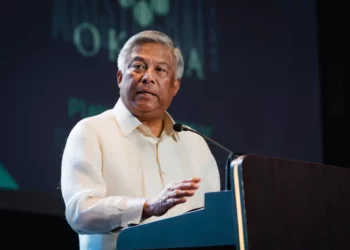Sands China has continued its Responsible Gaming Ambassador advanced training programme, aimed at educating team members on how to create a positive environment at all the company’s properties.
The company has offered the advanced training every year since 2013, supplementing the company-wide responsible gaming training received by each of Sands China’s more than 28,000 team members.
There are currently nearly 530 Responsible Gaming Ambassadors at Sands China, with their training collectively comprising over 3,200 hours of instruction. The next round of training is scheduled for 24 to 25 September 2019, the company said in a press release.
“Each year, we bring out several experts to work alongside Macau-based experts to produce Sands China’s Responsible Gaming Ambassador programme,” said Professor Bo Bernhard, executive director of the UNLV International Gaming Institute. “This is a ‘best-in-class’ programme globally. Unlike many programmes that simply use online or trainer-based programmes, we bring in the leading experts from around the world to have an honest, scientific conversation about gambling problems and how to identify patterns that might indicate a customer has a problem.”
The elite training programme utilises both international and local knowledge, with Bernhard sharing his academic insights and experience from the United States with team members in Macau. Senior counsellors from the Sheng Kung Hui Gambling Counselling and Family Wellness Centre enhance team members’ practical responsible gaming knowledge and skills in areas such as crisis management and intervention.
“Sands China Ltd. takes responsible gaming education very seriously,” said Sands China’s Chief Responsible Gaming Officer and VP of Special Gaming Projects, Winnie Wong.
“With this advanced Responsible Gaming Ambassador training, our team members can play a vital role in helping spot the signs of problem gambling. Through the programme’s practical approach, team members learn how to best utilise the knowledge and skills gained to help minimise the social impact of problem gambling and reach out to those who might need assistance.”



































